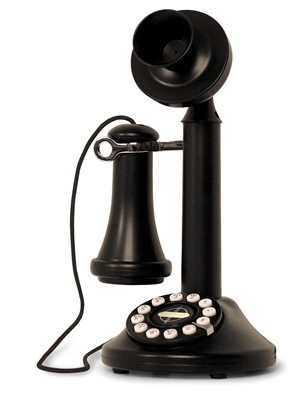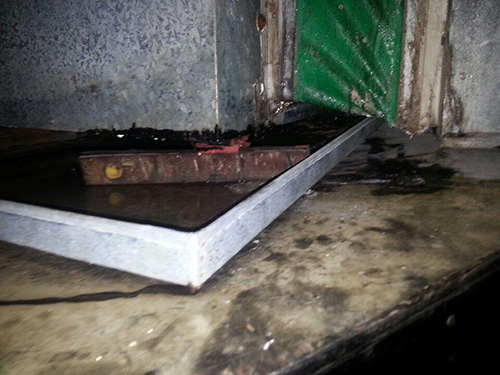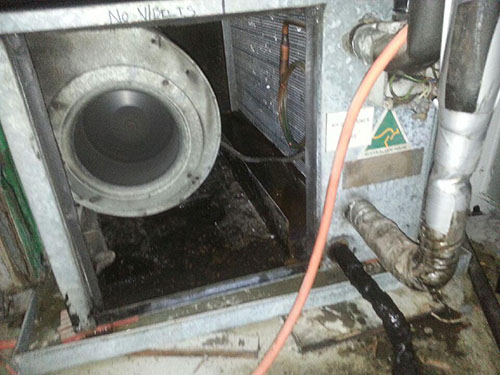Incoming Urgent Phone Call For Maintenance or Repair.
Incoming Urgent Phone call for maintenance or repair, to panic or not to panic.
In this article we have tried to offer just a few ideas to help to offer a system to establish what to do about an urgent maintenance issue which has come to your attention via the telephone.
Let’s begin with a few of our definitions of what these things are:

There are two types of services in a building, these are “essential services” and “non-essential services”
Essential services are typically about life, for example fire systems and fire support systems
Non-essential services are typically about comfort, for example air conditioning.
Reactive maintenance. – Urgent
We’ll define this as an emergency maintenance, for example, the elevator stops, the roller door on the car park has jammed, or the cool rooms for the food have stopped.
Corrective maintenance – somewhat urgent
We’ll define this as equipment failure which can effect either essential or non-essential equipment but is not critical to its function and consequently not urgent, i.e. today urgent. You would not place an after-hours call out for this failure, but first thing the next business day. For example the door to the fire stair will not close properly, this is part of the essential services, but, in our opinion, not critical to its function.
Corrective maintenance – can wait
We define this as maintenance which effects performance but not so adversely that the resident or tenants are in any real discomfort or danger should it be part of the essential services. For example the repair of faulty lighting. Corrective maintenance can increase in urgency if it is left unchecked. Don’t put it off, the longer you do the more likely it will cost more and the more likely there will be a greater volume of complaints.
Preventative maintenance (planned) – regular attention
We define this like the servicing of your car, changing the oil, if it isn’t done, there will likely be a failure which could result in corrective or reactive maintenance and cost a lot more and cause server inconvenience. Generally these have agreements in place with suppliers for a regular site attendance.
Upon receipt of the telephone call consider these positions:
- Q1 Safety, ascertain if there is a risk, in your thoughts remind yourself of the weakest possible individual, be that a child, an elderly person, a disabled person and how the situation would affect them. Is the issue apart of the essential services system? This establishes your urgency.
- Q2 Property, ascertain the risk to property, this is particularly relevant with water leaks. Consider non strata property also such as cars.
- Q3 Ascertain inconvenience to residence or tenants, is it a loud continuous noise, is it a trip hazard or bump hazard that would need a barrier.
- Q4 Ascertain if this is part of the essential services, i.e. all lights have failed, including the emergency lighting.
- Q5 Ascertain if the issue is not an essential service issue, then how will it affect the site, will it become an essential services issue in a few hours.
- Q6 Is the issue in your scope, e.g the domestic dishwasher has stopped working. That said, it can become an issue if the dishwasher is leaking over the floor and dripping into the floor below, remember concrete is porous and will allow water to seep through. Can the caller turn of the water to the dishwasher without effecting their other water services?
- Q7 Has the individual providing the information reliable, that is, a resident can be emotionally invested while a building manager will be a little more objective (or at least we hope so).
 Gauging urgency can be a subjective task, the first priority is safety, as such, this includes if the maintenance issue is a part of the essential services system for the building and the adversity to the essential service if the maintenance is not completed urgently.
Gauging urgency can be a subjective task, the first priority is safety, as such, this includes if the maintenance issue is a part of the essential services system for the building and the adversity to the essential service if the maintenance is not completed urgently.
In our view, the first priority is always safety, then property, then inconvenience, then comfort.
We haven’t mentioned cost in our priorities, we believe, as the Strata Manager, have already established market value with your suppliers. We are also of the view that for any corrective maintenance, that is not urgent, and has accost over $5000 then at least three quotes should be sort. This process is a whole other article as the cheapest price is rarely the best value.
What are your thoughts?
Nigel Wraight
Principle
Forte Asset Services


